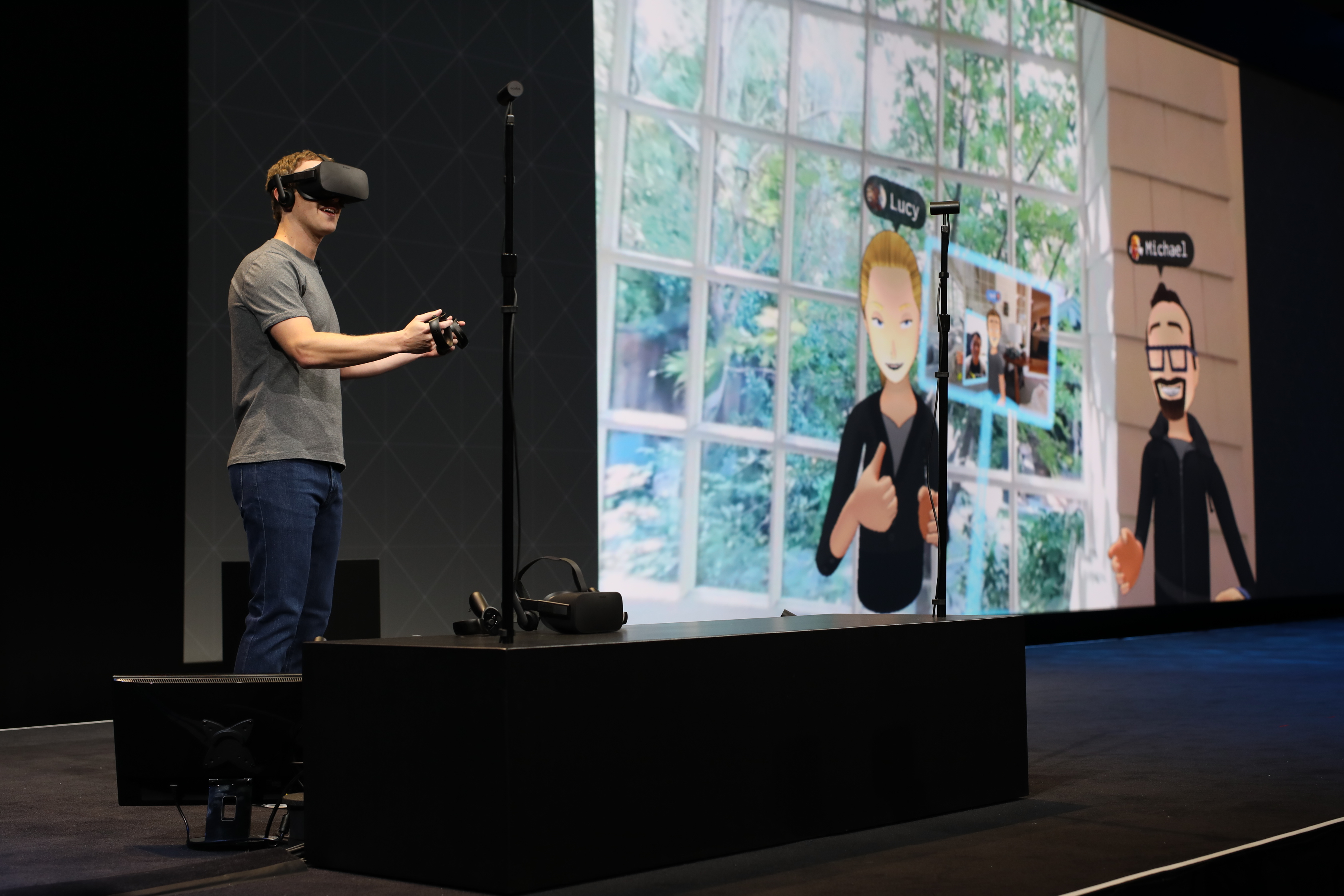 EMERGING TECH
EMERGING TECH
 EMERGING TECH
EMERGING TECH
 EMERGING TECH
EMERGING TECH
Facebook Inc. Chief Executive Mark Zuckerberg revealed in a Dallas courtroom today that Facebook paid an astonishing $3 billion to purchase Oculus VR Inc., roughly $1 billion more than the original reported price tag.
According to Zuckerberg’s testimony, in addition to the $2 billion Facebook paid to acquire Oculus, the social media giant also paid $700 million to retain Oculus employees and an additional $300 million earn-out when Oculus reached certain milestones.
Zuckerberg’s comments came from his testimony in a $2 billion copyright and intellectual property lawsuit filed by game publisher ZeniMax Media Inc., which claims that the Oculus Rift virtual reality headset is based on innovations stolen from ZeniMax.
ZeniMax argued in a court filing that several key staff at Oculus conspired to steal trade secrets from the company, including Oculus founder Palmer Luckey, Chief Technology Officer John Carmack and Chief Executive Brendan Iribe.
“Defendants have wrongfully taken that ZeniMax intellectual property and commercially exploited it for their own gain,” ZeniMax said in its suit. “Defendants now stand to realize billions of dollars in value from ZeniMax’s intellectual property.”
Facebook’s sudden purchase of Oculus in 2014 came as a surprise to many people in the tech community, and during today’s testimony, Zuckerberg revealed just how fast the deal went down. While being questioned by a ZeniMax lawyer, Zuckerberg was forced to admit that Facebook originally gave its lawyers just one weekend to ensure that there would be no serious legal troubles from acquiring Oculus.
“Your plan was to begin legal diligence on Friday and sign the deal on Monday?” ZeniMax’s lawyer asked, as reported by the New York Times’ Mike Isaac. Zuckerberg responded, “Yep.” Zuckerberg said that he delayed the Oculus deal to ensure that Facebook would be able to retain certain key people from the Oculus team.
During questioning, Zuckerberg maintained that Oculus and its founders had not been involved in any wrongdoing, but he also admitted to being unaware that Luckey had signed a non-disclosure agreement when he corresponded with Carmack and other ZeniMax employees during early development on the Rift. Zuckerberg also denied having any knowledge that Carmack allegedly brought along existing code and over 10,000 technical documents when he joined Oculus after leaving the ZeniMax-owned game studio, Id Software.
“No, I wasn’t aware of that,” Zuckerberg said. “It’s something we should investigate.”
ZeniMax still has the difficult task of proving its claim that Carmack and other Oculus employees stole data that explicitly belonged to the company, and ZeniMax claims that some of this evidence has been destroyed by Oculus. In a statement released Monday, ZeniMax said that during the trial it will “present evidence of the Defendants’ intentional destruction of evidence to cover up their wrongdoing.”
Luckey will reportedly testify later this week, making his first public appearance since stepping down from his post as CEO of Oculus, and Carmack and other Oculus employees will also testify at a later date.
Support our mission to keep content open and free by engaging with theCUBE community. Join theCUBE’s Alumni Trust Network, where technology leaders connect, share intelligence and create opportunities.
Founded by tech visionaries John Furrier and Dave Vellante, SiliconANGLE Media has built a dynamic ecosystem of industry-leading digital media brands that reach 15+ million elite tech professionals. Our new proprietary theCUBE AI Video Cloud is breaking ground in audience interaction, leveraging theCUBEai.com neural network to help technology companies make data-driven decisions and stay at the forefront of industry conversations.